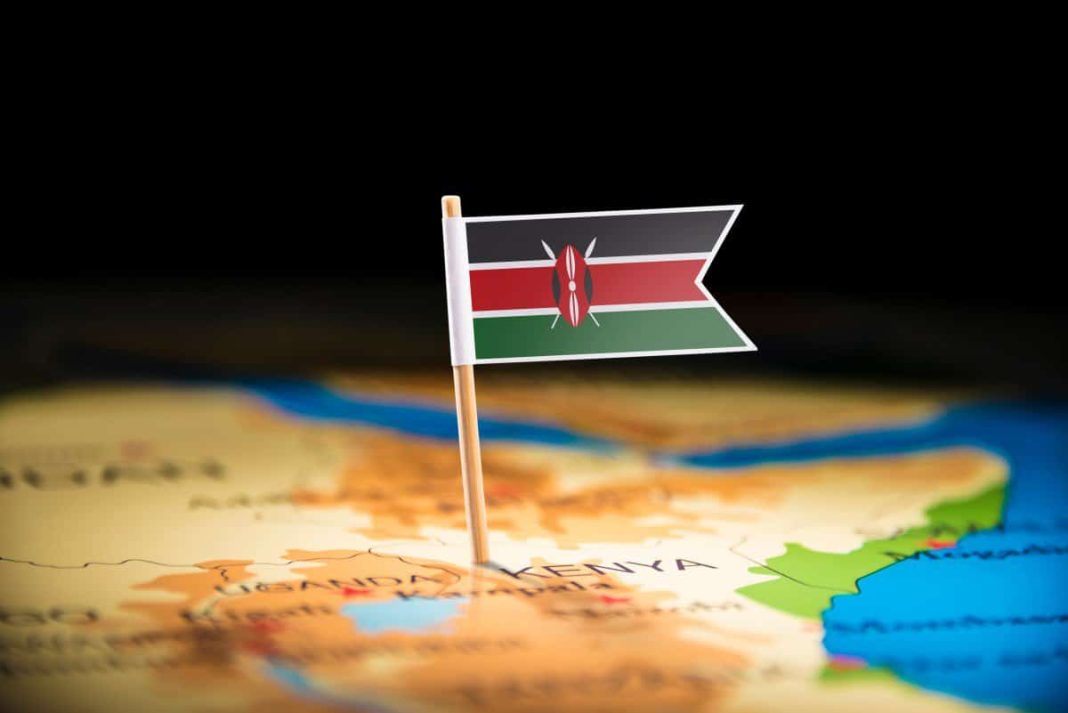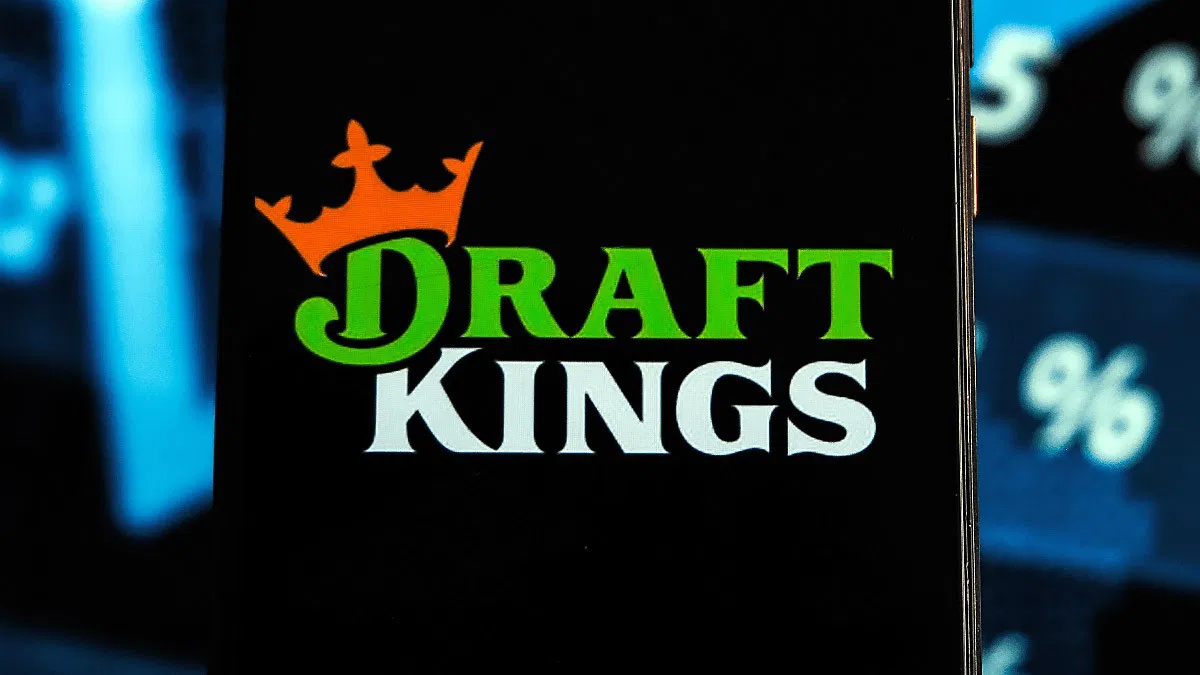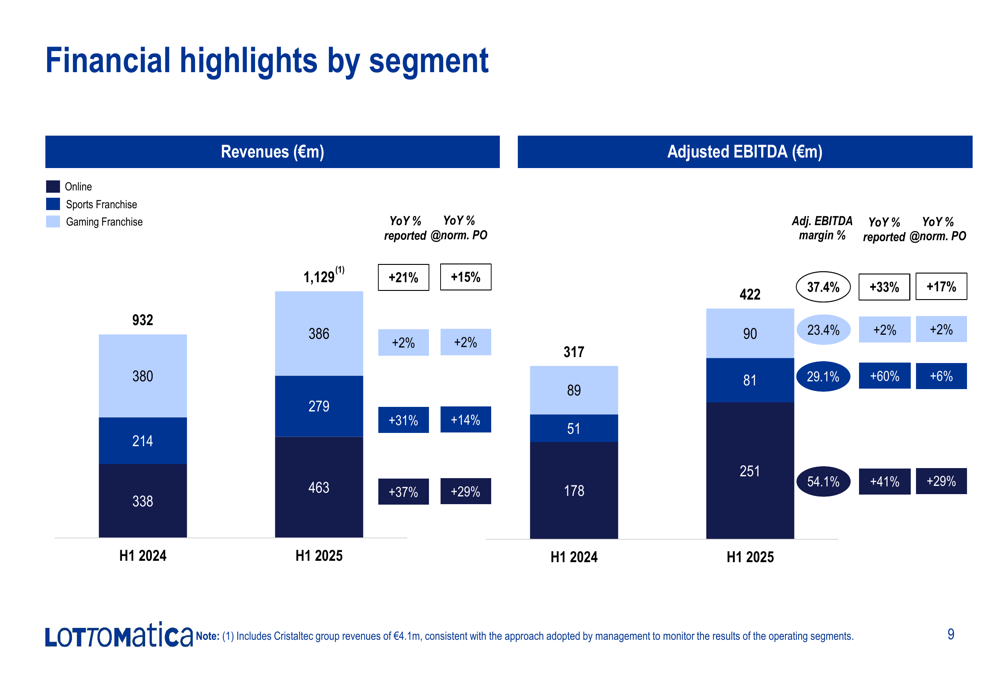Kenya’s Parliament has approved an amendment to the Finance Bill 2025, lowering the excise duty on betting stakes from 15% to 5%. This move comes amid ongoing debate on gambling’s economic role and its growing impact on Kenyan youth.
Lawmakers supporting the change argue that the high tax rate has pushed betting firms out of the regulated space and into informal operations. By lowering the rate, they aim to attract more investment and enhance tax compliance in the expanding sector. The betting industry has become one of the thriving segments in Kenya’s entertainment and tech markets.
Supporters Highlight Economic Opportunity
Members of the Finance and Planning Committee claim the revised tax structure will allow the government to collect more revenue in the long run. They believe a lower rate will encourage more companies to re-enter the formal economy, increasing stability.
Kuria Kimani, Chair of the Finance Committee, defended the amendment. “We want to create a thriving but responsible betting industry; punitive taxes only drive people underground, where no one wins, not the government, not the people,” he said.
Betting giants like SportPesa and Betika are expected to benefit directly from the tax cut. Industry insiders view the move as Kenya’s shift towards a more business-friendly regulatory stance.
Critics Warn of Social Costs
Not everyone welcomes the change. Several opposition MPs and advocacy groups say the government is placing economic interests above public health. They argue that betting has become a crisis in many communities, and lowering taxes could worsen addiction problems.
“We cannot ignore the rise in addiction and the impact on households, reducing the tax will only fuel more gambling, especially among our youth”, said one MP.
A 2023 GeoPoll survey found that 76% of Kenyan youth had placed a bet at least once, with many seeing gambling as a way to escape poverty. Health experts warn that without stronger controls, the tax cut may encourage higher participation in gambling.
Call for Safeguards as Law Takes Effect
The Ministry of Health hasn’t issued an official statement on the new policy. But it warned about the mental health effects of loosely regulated gambling in previous reports. Also, civil society organizations are urging the parliament to pair the lower tax with protective measures such as stricter age checks, spending limits, and public awareness campaigns.
With the new 5% rate scheduled to take effect in July, betting firms are preparing for a potential rise in user activity. As Kenya moves into this next chapter, the country will be watching closely to see whether the benefits of this change outweigh the risks.

 Companies
Companies 





